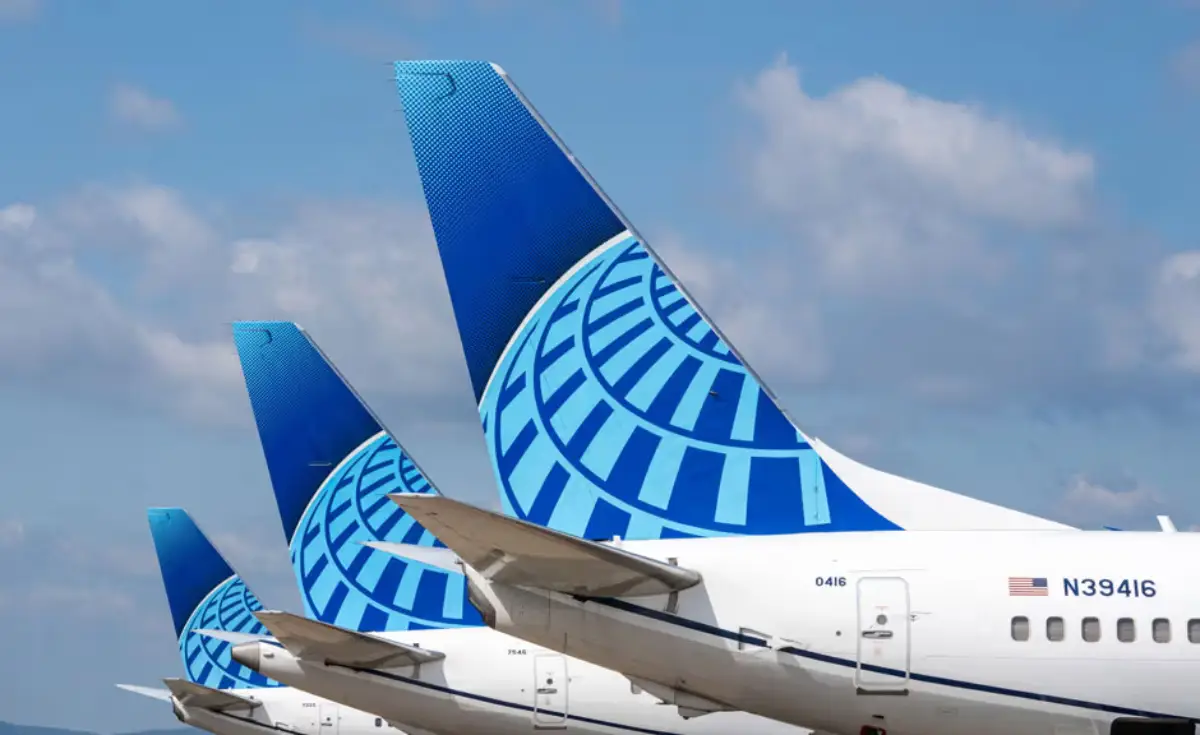
Tariff Impact: Airlines Face Economic Headwinds As Travel Demand Weakens
CHICAGO/NEW YORK – Just weeks ago, U.S. airlines were soaring on expectations of a prolonged profit surge, driven by strong travel demand and limited industry capacity. However, economic uncertainties—including broad tariffs under President Donald Trump and reductions in government spending—have disrupted that optimism, leading airlines to lower their first-quarter profit forecasts, Reuters reported.
As businesses and tourists scale back spending in response to economic uncertainty, concerns over weak growth and persistent inflation have cast a shadow over the industry’s outlook for the rest of the year. With travel often considered a discretionary expense, carriers are feeling the impact.
Airline stocks have dropped about 15% this year, underperforming the broader market. Major carriers have also experienced significant share price declines.
While airlines expect the impact of safety fears to diminish, broader economic pressures remain a major challenge. U.S. consumer confidence fell to its lowest level in over four years in March, with expectations for income, business conditions, and job prospects reaching a 12-year low, according to a Conference Board survey.
Domestic air ticket sales through travel agencies dropped 8% in February following a sharp 39% increase in January, with both corporate and leisure travel declining, Airlines Reporting Corp data showed. Passenger traffic growth also slowed significantly, rising just 0.7% in March compared to 5% in January, according to the U.S. Transportation Security Administration.
Bank of America data showed that airline spending on credit and debit cards dropped 7.2% in February—the weakest level in at least six months reported Reuters .
Corporate travel is also under pressure. The first quarter is usually the second-busiest period for business travel after the summer, but bookings have been sluggish. Delta Air Lines recently reported that corporate booking growth had slowed to low single digits after rising 10% year-on-year in January.
Government-related travel has also declined. United reported this month that bookings tied to government travel had fallen by half, with reduced federal spending affecting domestic tourism.
In response to slowing demand, airlines have started cutting flights to avoid fare reductions and protect profit margins, said Reuters. Several major carriers have scaled back their planned capacity for the April-June quarter. United Airlines CEO Scott Kirby has warned that if demand does not recover, the industry could see a steep capacity reduction by late summer.
Despite these concerns, premium and long-haul travel bookings have remained strong. United reported an 8% year-on-year increase in spring international bookings.
Recent safety incidents have also contributed to waning traveler confidence. Reuters cited data from Amanda Demanda Law Group showing that Google searches for “Are planes safe now?” spiked by 900% in February, reflecting heightened concerns about air travel safety.
Airlines are still holding on to their full-year earnings forecasts, but those projections may shift if demand remains weak through the summer—typically the industry’s most profitable season.




